If you’re a solo traveler, there are a lot of things you need to keep in mind before embarking on your solo adventure, and one of them is staying safe during natural disasters. Natural disasters can happen at any time, and if you happen to be in an unfamiliar place, it can be scary and daunting. However, with the right preparation and mindset, you can keep yourself safe from harm. Here are some tips on how to stay safe during natural disasters while traveling alone.
1. Understand the natural disaster risks in the area you are traveling to
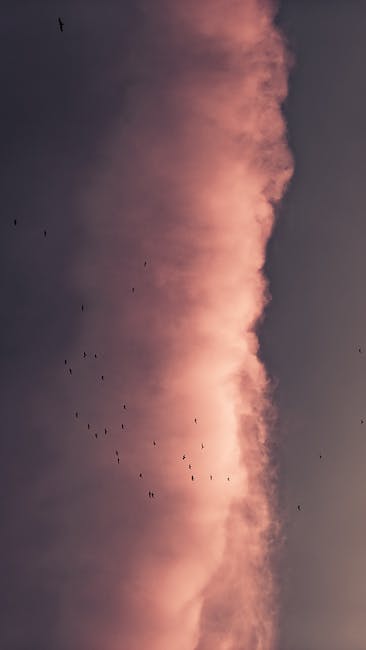
Before you start your travel, do some research about the natural disaster risks in the area you are visiting. Learn about the weather patterns, geological events, and other factors that could lead to natural disasters such as hurricanes, earthquakes, and floods. By doing this, you can prepare ahead of time, and it can help you stay safe. If you’re traveling to a coastal area during the hurricane season, make sure you find out the evacuation routes in advance. If you’re heading to an area with a high risk of earthquakes, you should know how to safely evacuate from buildings and structures.
2. Keep an emergency kit with you at all times
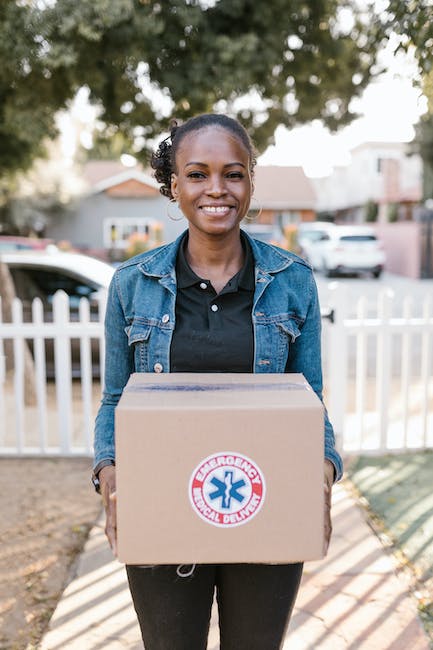
You should always pack an emergency kit that includes items such as a first aid kit, water, non-perishable food, and a flashlight. If you’re traveling alone, it’s important to be prepared for the worst-case scenario, even if it never happens. The emergency kit should be lightweight, easy to carry, and should contain everything that you might need in case an emergency happens. Additionally, make sure to pack any prescription medication you may need, such as insulin or asthma inhalers, to ensure that you don’t run out in case of an emergency.
3. Stay informed about local weather updates and alerts
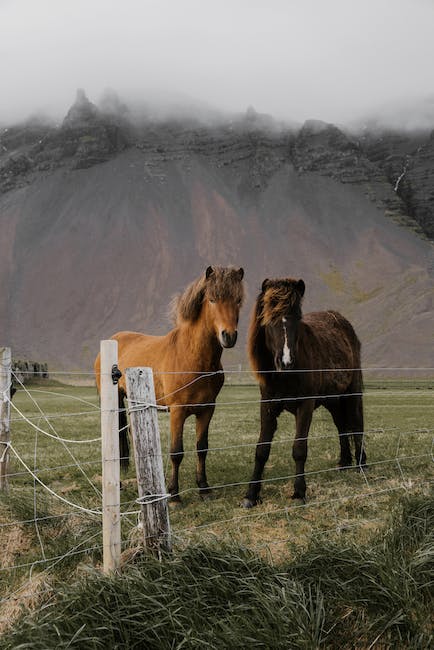
It’s essential to monitor the local weather updates and alerts from local authorities. This will help you stay informed and make informed decisions about your safety. Try downloading an app that gives you live weather updates and alerts. Another thing you can do is watch the news or listen to the radio to stay informed about what’s happening in the area. It is also recommended that you register yourself on the embassy’s website or any foreign office websites, which will notify you through email regarding any alerts or emergencies in that country.
4. Have a communication plan in place

When traveling alone, make sure to let someone know your itinerary and check in with them regularly. You can use your smartphone as a communication device, but make sure to have a way to communicate with another person in case of an emergency, such as a phone with a charged battery or a satellite phone. One option is to hire a local guide who can show you around as well as help you in case something goes wrong. Make sure to give them instructions and phone numbers of where to reach you in case of an emergency.
5. Familiarize yourself with emergency evacuation routes
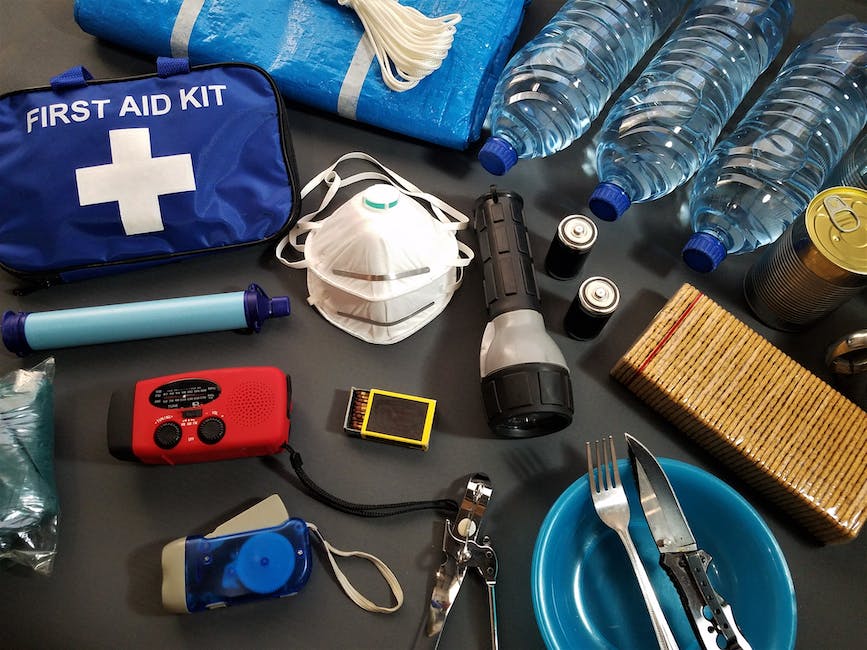
Knowing the emergency evacuation routes in the area is crucial if there’s an emergency. You should have a plan for how you will evacuate if necessary, and consider practicing the route beforehand so that you know it well. If you’re staying in a hotel, make sure to talk to the hotel staff to find out about emergency escape routes. Keep a printed map with you so that if there’s any network failure, you don’t get lost.
6. Take shelter in a safe location
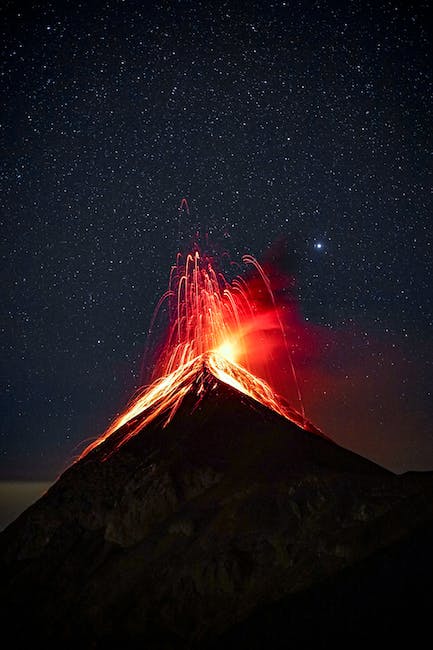
If a natural disaster is imminent, seek shelter in a safe location. This may be a designated shelter or a sturdy building that can withstand the disaster’s impact. If you’re outside, find a sheltered area where there are no trees or electric poles. You should also avoid staying on the ground floor of any building in case there is a flood, and try to find the highest floor or a sturdy room to stay in.
7. Avoid traveling during the natural disaster
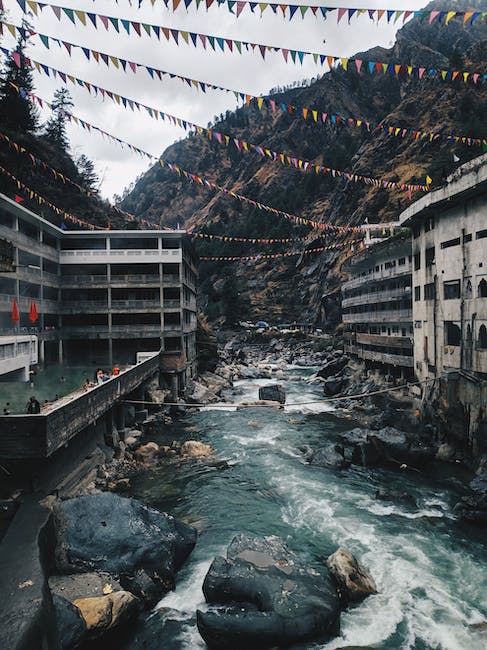
If possible, avoid traveling during a natural disaster. Roads may be closed or unsafe to drive on, and you may be putting yourself in unnecessary danger. It’s better to stay where you are and wait for the emergency services to arrive. Some areas in the world are well-equipped to handle natural disasters, and they have designated rescue teams and volunteers to help people in need. Try reaching out to them if you’re in one such area.
8. Stay calm and remain patient
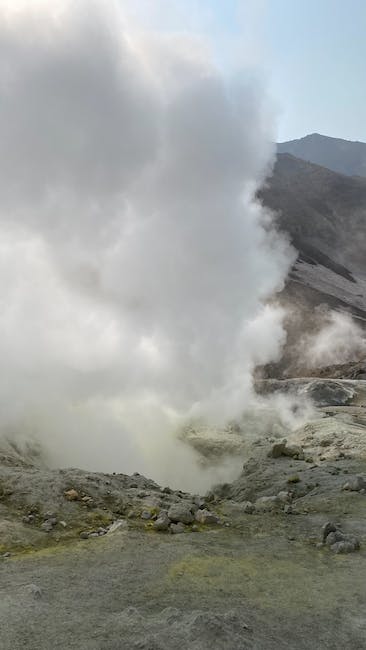
It’s essential to remain calm and patient during a natural disaster. Panicking can make the situation worse, and it’s important to follow the guidance of local authorities. If you’re unsure of what to do, stay calm, and try to think logically before taking any action. If the worst-case scenario happens, and you get stranded, try to conserve your resources and stay calm. Help may take some time to arrive, so it’s important to stay patient and stay focused on staying alive.
9. Have a backup plan in case of an emergency
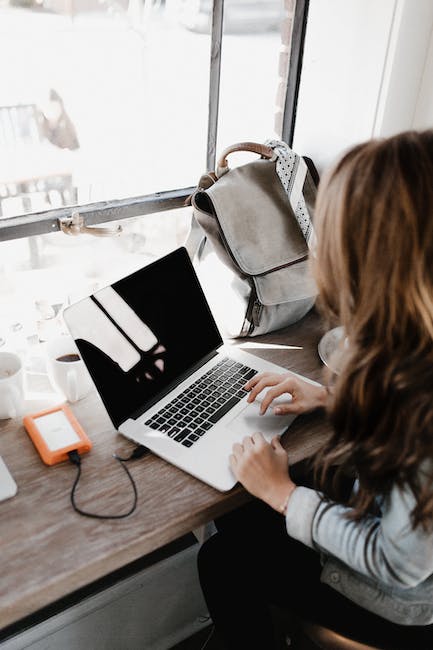
You should always have a backup plan in case of an emergency. This may include having extra food and water on hand or knowing where to go if you need medical attention. If you’re in a foreign country, make sure you’re aware of the local hospitals or clinics that can provide medical help, and have at least some basic knowledge of the native language to communicate with locals.
10. Practice responsible travel behavior to prevent natural disasters
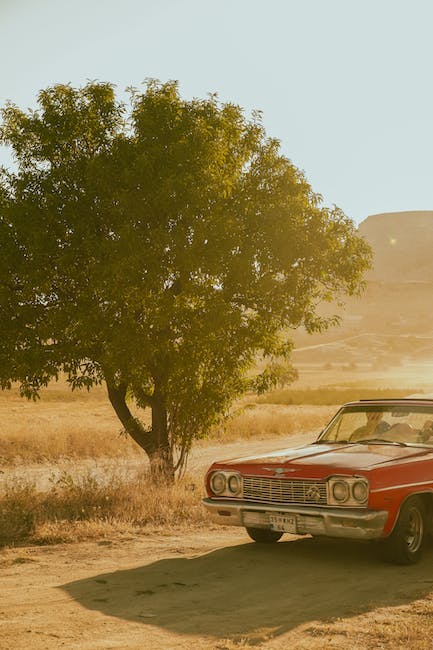
Finally, you should always practice responsible travel behavior to prevent natural disasters. This may include reducing your carbon footprint and minimizing waste. Try using eco-friendly products and services, such as energy-efficient transport, reusable water bottles, and avoiding single-use plastic. By following an eco-friendly lifestyle, you can help protect the environment and prevent natural disasters from happening in the first place. Additionally, don’t try to exploit natural resources or engage in activities that might create environmental degradation, as we have reached a point where to sustain life on this planet, we need to make our planet healthier, and Mother Nature has already given us several warnings to do so.

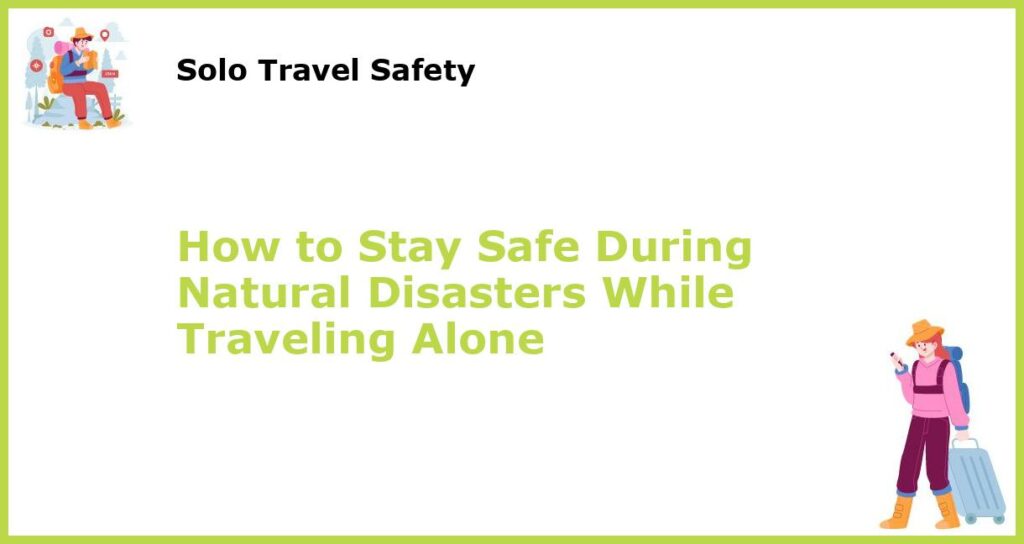






 You might also be interested in those articles related to solo traveling
You might also be interested in those articles related to solo traveling